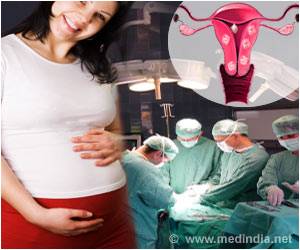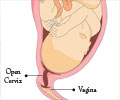
‘Bone marrow-derived endothelial progenitor cells (EPCs) when transplanted into pregnant mice can worked to normalize the uterine blood vessel pattern, resulting in a reduced rate of miscarriage.’
Tweet it Now
The study will be published in a future issue of Cell Transplantation. Study co-author Dr. Masaaki Ii of the Division of Research Animal Laboratory and Translational Medicine Research Center, Osaka Medical College in Osaka, Japan, said, "Our findings suggest that autologous EPC therapy may be able to prevent miscarriage in high-risk pregnancies by normalizing vascular patterns and increasing blood vessel size."
The researchers found that, in a mouse model of miscarriage, the rate of miscarriage was over 20% in the group that was not transplanted with EPCs while the miscarriage rate was only 5% in the group receiving EPCs. They concluded that the transfused EPCs homed to the placenta and worked to normalize the uterine blood vessel pattern, resulting in a reduced rate of miscarriage.
According to the researchers, sFlt1, a soluble receptor for vascular endothelial growth factor (VEGF), has been reported to be one of the key molecules underlying recurrent miscarriage. Imperfect placental development, they said, may produce sFlt-1 and inhibit positive growth factors. The transplanted EPCs may work to reduce the negative effect sFlt-1 has on blood vessels.
"Autologous EPC transfusion could be a novel therapy to prevent miscarriage in high-risk pregnancies," concluded the researchers. "To establish a safe and feasible EPC therapy, further investigation is needed to explore the mechanism for dysfunctional placental formation and the potential beneficial effect of EPCs."
Advertisement
Source-Eurekalert













